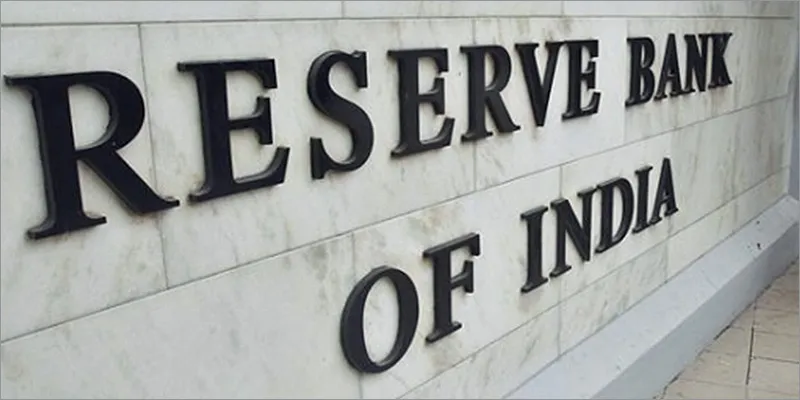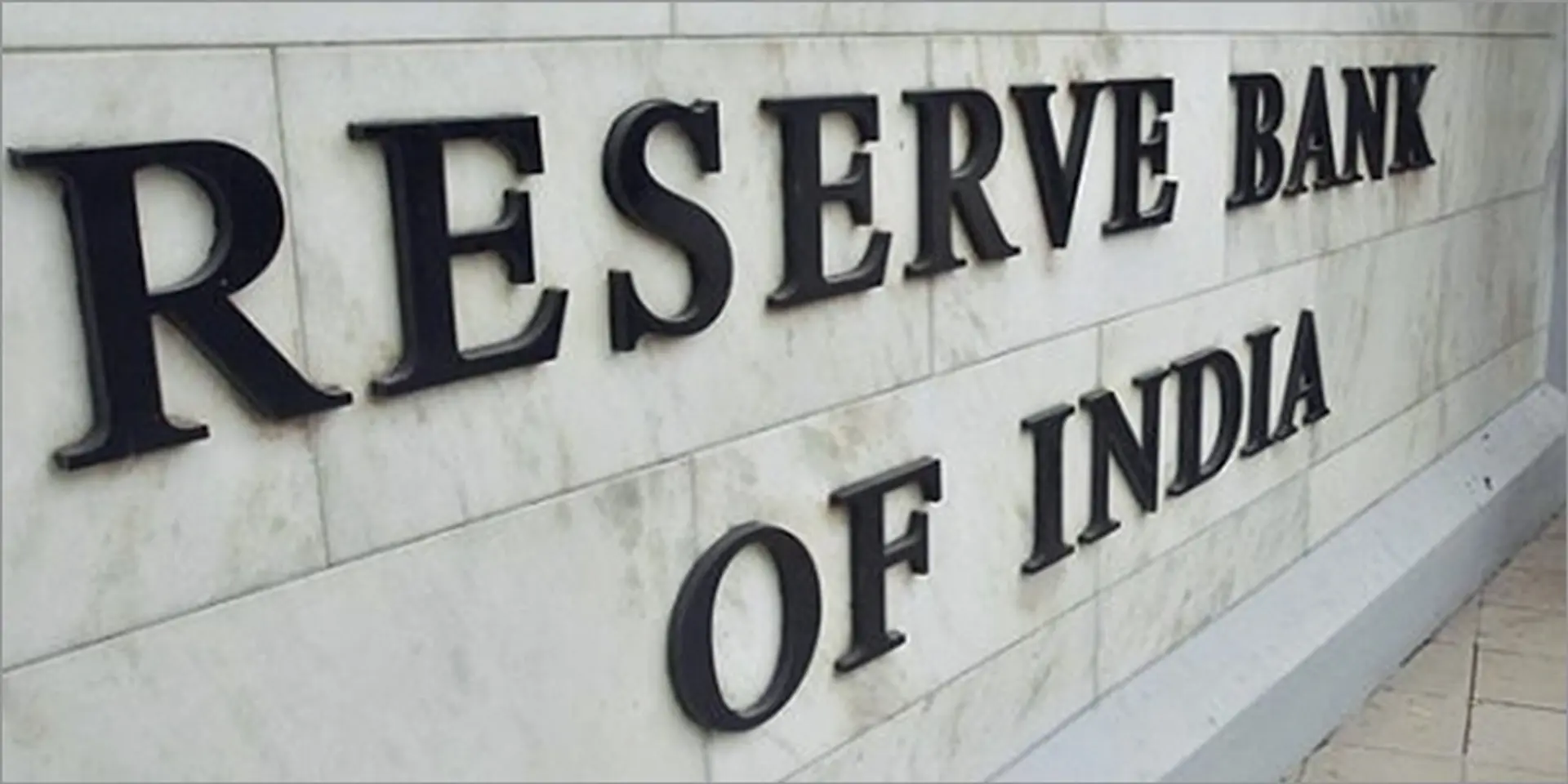RBI toughens KYC norms for payments banks in India
Under new operating guidelines, the Reserve Bank of India (RBI) has issued a letter to India’s payments banks, toughening the regulations around the KYC or ‘know your customer’ process, while on-boarding customers.

An earlier circular, dated October 6, 2016, issued by the Central bank stated,
“Payment banks should ensure that every customer, including customers of mobile companies, on-boarded comply with the KYC regulations, which could include simplified account opening procedures. It is clarified here that if the KYC done by a telecom company, which is a promoter/promoter group entity of the PB, is of the same quality as prescribed for a banking company, PBs may obtain the KYC details of the customer from that telecom company, subject to customer consent.”
However, in the current letter marked to the chief executive officers of payments banks, the RBI states,
“Telecom companies being not included in ‘Reporting Entities’ in terms of the PML Act, are not subject to the requirements of the said Act. Therefore, reliance on KYC done by telecom companies is not permissible.”
While modifying these guidelines, the RBI stated that a payments bank shall comply with the extant RBI Master Direction on KYC, as amended from time to time, for all its customers, including existing customers of telecom companies on-boarded by the payments bank. YourStory has reviewed the copy of the letter sent to the executives.
This essentially means that all the KYC done for customers on-boarded by payments banks through their telecom operations and promoters is null and void, and a revised KYC needs to be done for these customers moving forward.
This development comes on the heels of allegations that Airtel opened payments bank accounts of its mobile subscribers without their consent.
Last December, Airtel was penalised by Aadhaar issuing body UIDAI, and the telecom major had to deposit an interim penalty of Rs 2.5 crore with UIDAI.
At the same time, while telecom operators will be facing the heat of RBI’s new ordeal, Paytm claims to have completed KYC for close to 55 million of its wallet customers. Around October, the company had also stated that it will be investing $500 million in KYC operations. Other telecom operators that hold a payments bank licence include Airtel, Jio, and mPesa.
But the KYC norms haven’t spared even the Indian payments ecosystem.
Last October, RBI had also revised the guidelines on operability of digital wallets in the country. During that time, it had stated that wallets need to be fully KYC-compliant, with minimum KYC-compliant wallets requiring to be converted into fully KYC-compliant accounts within 12 months.
At that time, industry executives said that the cost of a single Aadhaar-based KYC can range between Rs 70 and 300 depending on system efficiencies of payments players.
Industry participants claim the cost to collect one document for KYC can run between Rs 100 and 250 in the physical world.







